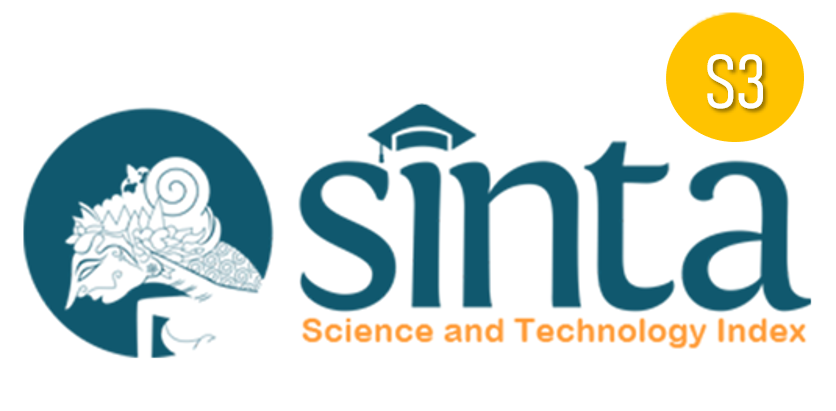School Plant Planning and Equitable Access to Education for Tertiary Institutions
Abstract
Keywords
Full Text:
PDFReferences
Amanchukwu, R. N., and Ololube, N.P. (2015). Managing school plant for effective service delivery in public secondary schools in Rivers State of Nigeria. Human Resource Management Research, 5(4), 95-102.
Asiyai, R. I. (2012). Assessing school facilities in public secondary schools in Delta State, Nigeria. African Research Review, An International Multidisciplinary Journal, Ethiopia,6(2), 192-205
Austin, I. S. (2020). Strategic planning: A remedy for the successful management of Nigeria secondary school system. International Journal of Secondary Education, 8(2), 53-68.
Chatterton, P., and Goddard, J. (2000). The response of higher education institutions to regional needs. European Journal of Education, 35(4), 475-496.
Imam, H. (2012). Educational policy in Nigeria from the colonial era to the post-independence period. Italian Journal of sociology of education, 4(Italian Journal of Sociology of Education 4/1), 181-204.
Mbagwu, J. U., and Igbegiri, D. C. (2019). Philosophy of education and national development: The nexus. International Journal of Scientific Research in Education, 12(3), 306-316.
Msezane, S. B. (2020). School Evaluation: Approaches, Frameworks, and Indicators. Quality Education, 721-732.
Myran, S., Crum, K. S., and Clayton, J. (2010). Four pillars of effective university-school district partnerships: Implications for educational planning. Educational Planning, 19(2), 46-60.
Osaigbovo, J. A., and Osaigbovo, S. E. (2021). School Facility Availability and Management: The Anatomy and Physiology of Successful School Administration. Multidisciplinary Journal of Academic Excellence, 21(1), 5-9.
Ylonen, A. (2012). Student ambassador experience in higher education: skills and competencies for the future?. British Educational Research Journal, 38(5), 801-811.
DOI: https://doi.org/10.17509/ijert.v5i1.70909
Refbacks
- There are currently no refbacks.
Copyright (c) 2024 Universitas Pendidikan Indonesia (UPI)

This work is licensed under a Creative Commons Attribution-ShareAlike 4.0 International License.







.png)




